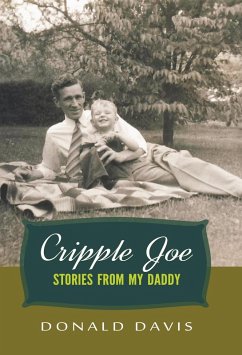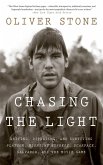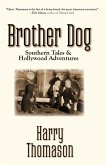Donald Davis was a young United Methodist minister when the telephone rang one morning. "e;It's your daddy,"e; the caller said, "e;Mama just couldn't get him awake this morning. He is gone."e;"e;A million questions about him began to line themselves up in my mind."e; Davis writes. "e;Where did he go to high school? I did not know."e; Did he get any education behind that? What were his early jobs, and where did he live then? I was now only twenty-eight, my father was dead, and I had been to young and immature to know to ask t=for the stories that would have filled out his life for me."e;The surprise of a lifetime came when he called home and his recently departed father picked up the phone: "e;Hello! This is Joe Davis. What can I do for you today?"e;That case of mistaken identity changed Donald Davis's outlook on the value of family and the need for story gathering. In the twenty-two years until his father's second death, he rarely let an opportunity pass to collect and cherish the stories of his life.Cripple Joe is the happy result.Davis tells how his father and an African-American hospital orderly quietly broke down racial barriers in their small mountain town.He tells how his father employed his humane brand of justice on an eager young chemist whose experiments veered into manufacturing gunpowder, on sons who nearly burned a barn, and on teenagers who organized a disastrous coed camping trip.And best of all, he tells how Joe Davis--a man known as "e;Banker Joe"e; for his work in the loan department but to a select few as "e;Cripple Joe"e;--turned a gruesome accident into an opportunity that broadened his world and that of his son.
Dieser Download kann aus rechtlichen Gründen nur mit Rechnungsadresse in A, B, BG, CY, CZ, D, DK, EW, E, FIN, F, GR, HR, H, IRL, I, LT, L, LR, M, NL, PL, P, R, S, SLO, SK ausgeliefert werden.









